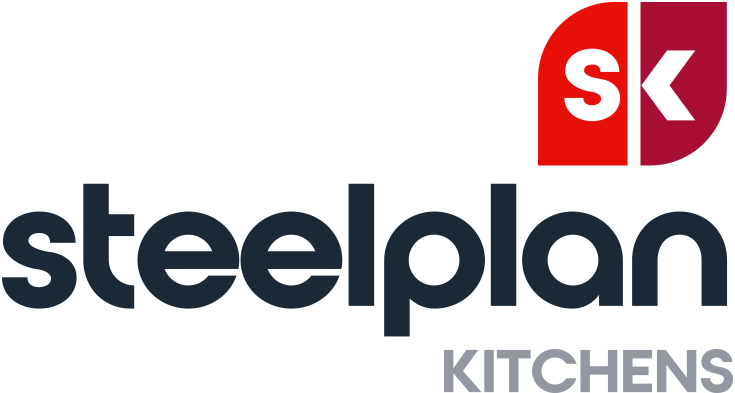Running a church café is an excellent way to bring in much-needed revenue, while also creating a warm and welcoming space for your community. But the type of semi-commercial kitchen you need will very much depend on what type of café you intend to open…
If you’ve recently decided that you need a new church kitchen suitable to run a new church café, we understand just how many questions you might have. Will I need professionals to run our café? Should I advertise for trained volunteers? What equipment will I need? How many people am I planning to feed at one given time? Do I need two ovens?
At Steelplan Kitchens, we know that each café is as unique as its church – which means every kitchen must be unique – so we’ve pulled together some options that’ll help you take that next step.
The volunteer-run community space
Inexpensive and an excellent initiative to potentially help those in need in your community, a volunteer-run kitchen is ideal for smaller kitchens and churches. Also a place to encourage new members of your congregation, it’s great for offering a comfortable environment to make connections and meet new people. The question is – how can you encourage volunteers and ensure their health and safety comes first?
Running a small café often involves helpers assisting with tea and coffee rounds, setting and clearing tables, general tidying up and preparing food – which is where it’s important to ensure all volunteers are of aware of good food hygiene practices and follow food safety management procedures that reduce potential hazards and accidents. You may even decide to run a roster of volunteers or pay a volunteer coordinator to streamline the running of your kitchen. Also, don’t forget, once your new semi-commercial kitchen from Steelplan Kitchens is up and running, you’ll need to enlist those volunteers – Facebook, local newspapers and word of mouth are great for spreading the news!
The professional, experienced church café
Busier and often bigger than a volunteer-run café, a professional kitchen will need the experience of trained volunteers or paid-for staff – people who know how to effectively run a café or restaurant that has a larger offering of food and drink. It’s worth noting that a trained caterer is best placed to be in charge of your café – this job can involve anything from coordinating a team of volunteers and employing new members of staff to ordering supplies, organising food hygiene training or taking on the important role of head chef.
With more mouths to feed and a more complicated menu than just sandwiches and soft drinks, a professional café needs professionals to manage it. It also needs a kitchen that’s accessible, efficient and fully equipped to cater for your requirements, with appliances designed to do the job.
Are you covered?
Regardless of the size and purpose of your church kitchen, it’s important to consider the following:
- Employer’s liability insurance – this is a legal requirement if you employ anyone, including family members, part-time or sub-contracted people. Without it, unfortunately, you can face fines if anything goes wrong, plus legal fees.
- Buildings and content cover – while your church is probably already covered by this, you might need specific business insurance for your café, so make sure you carefully consider how much it would cost to replace fixtures and fittings.
- Stock cover – if you’re planning to open a thriving café seven days a week, you will need to store a lot of food. Stock insurance will cover you if, for example, your church suffers from a power cut and the food in your freezers becomes unusable.
- Public liability insurance – should someone come down with food poisoning or slip over in your café, public liability insurance can protect for you from any claims that are made. It’ll also give you peace of mind.





